
The Future of Money
How the Digital Revolution Is Transforming Currencies and Finance
Recommendation
Cash as a means of exchange is disappearing fast. And yet fiat currencies are in no danger of extinction, economist Eswar Prasad reports in this clear-eyed take on cryptocurrencies and fintech. Electronic payments of dollars, euros and yuan – not bitcoin and ether – are replacing paper money. Prasad strikes just the right balance in this useful analysis: He understands the technology well enough to explain mining, halving and other crypto creations to neophytes, but he also details the many pitfalls inherent in the crypto boom. This study of money’s present and future cuts through the hype and offers readers a valuable perspective.
Summary
About the Author
Eswar S. Prasad is a senior professor of trade policy and a professor of economics at Cornell University. He is a senior fellow at the Brookings Institution and a research associate at the National Bureau of Economic Research.









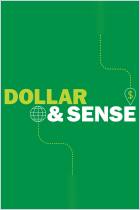
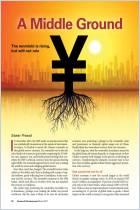
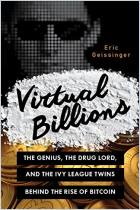
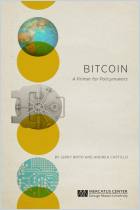
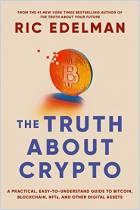
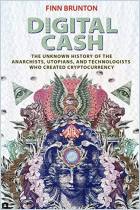
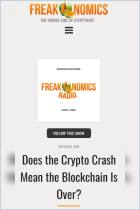





Comment on this summary or Comenzar discusión